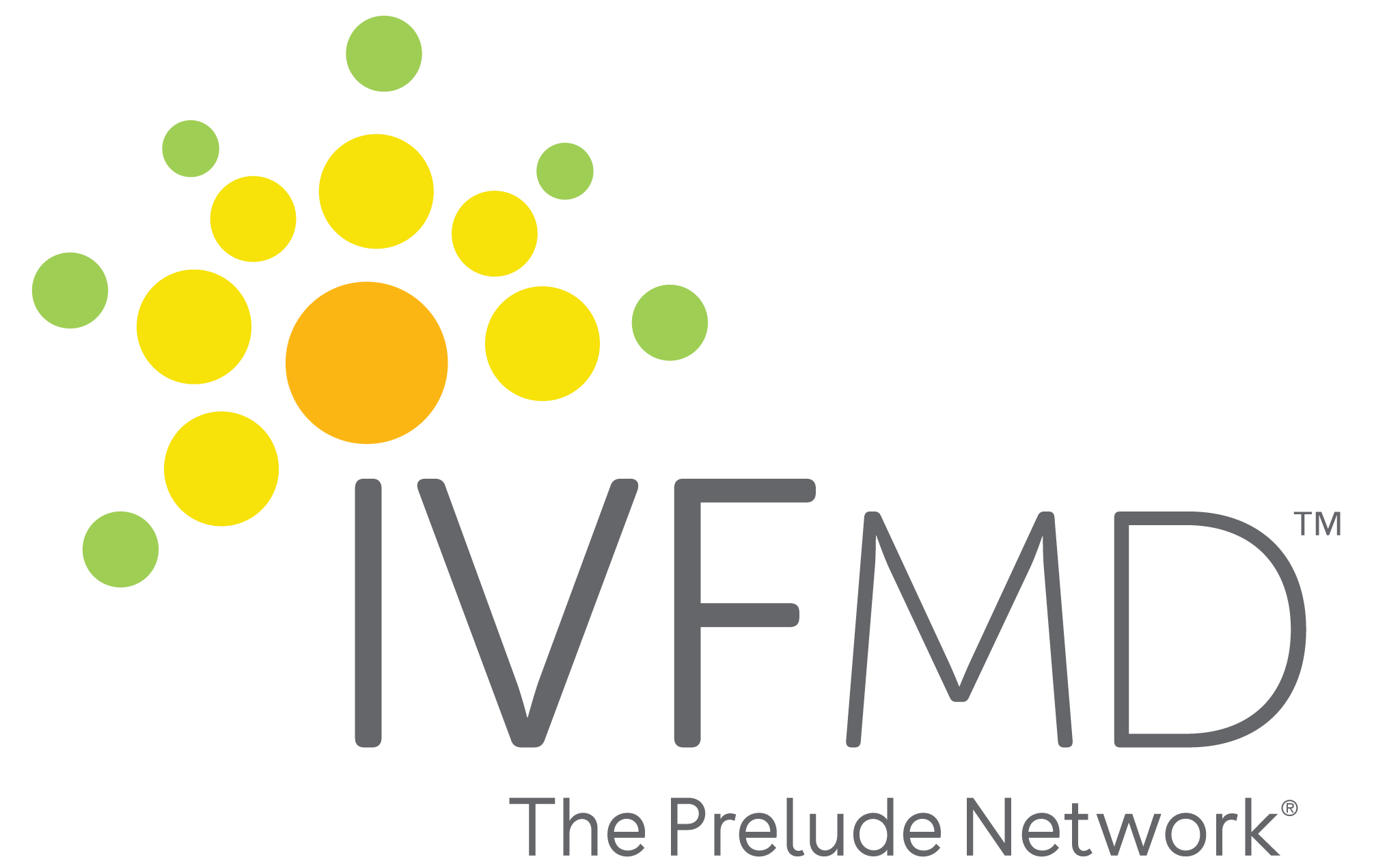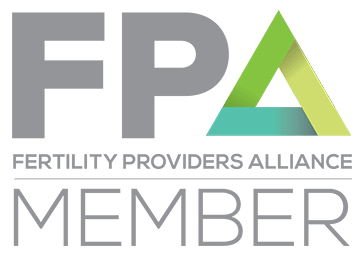I love children, but my chronic medical conditions might make parenting impossible
By: Sunny Fitzgerald
Nauseated is not how I imagined I’d feel the first time I saw my then-fiance, Sanad, holding a baby. But there I sat — face flushed, head floating — as I watched him scoop Salma up in his arms.
The living room was abuzz, every seat and even some of the floor occupied. I had come to meet Sanad’s father, stepmother and siblings. But aunts, an uncle and several cousins had also gathered. When a Jordanian says you’re meeting the family, there’s a good chance they mean the neighborhood.
Sanad alternated effortlessly between babbling baby talk to his cousin Salma and cracking jokes with the adults. Salma gurgled and grinned, her big blue eyes fixed on him.
A rush of adoration erupted from within, and the hairs on my arms stood on end, as if to say, “Yes, this is where you are meant to be.” But my joy was interrupted by a piercing pulse in my brain — a sign of an oncoming migraine. I smiled politely, hoping my face hadn’t betrayed the pain. If I was unwell, would his family deem me unweddable?
I have hemiplegic migraine, a rare neurological condition with debilitating strokelike symptoms including temporary partial paralysis, nausea, dizziness, auras and impaired comprehension, vision and speech. I also have celiac disease, an autoimmune disorder that can cause intestinal damage, malnutrition, fatigue and infertility. Where pregnancy and parenting are concerned, Marta Montenegro, a fertility lifestyles specialist at IVFMD, explains, “Celiac disease — if it’s not treated properly — can complicate everything from getting pregnant to having a healthy pregnancy to having a healthy baby.”
These two chronic conditions aren’t exactly a dream team. Managing a neurological condition and an autoimmune disorder in addition to being the primary breadwinner while we navigate the U.S. immigration process is exhausting. So it feels almost impossible for me to imagine motherhood.
But when I saw Sanad with Salma that day, I saw flashes of our future: the next adventure we might embark on, the shared joy of merging our love to create our own family. Sanad is a natural with children — loving and gentle, confident and playful. He has a strong sense of family and a tender yet fierce heart. He’d be a fantastic father. But I’m not sure he’ll have the chance.
As we approached our first wedding anniversary earlier this summer, all things pregnancy took over my social media feeds. I wasn’t pregnant, but it seemed everyone else was: pregnant celebrities recording comedy specials and strutting in couture on the red carpet, media outlets obsessively tracking the pregnancy progress of the British royal family, and my own friends posting frequent baby bump photos and tell-all birthing and parenting stories.
I am genuinely thrilled for them. But I’m also conflicted and fearful for me.
I tap the red heart “love” reaction on my friends’ online pregnancy announcements, imagining the elation in those early moments but unsure if I can even conceive and safely carry a baby to term. Kimberly Langdon, a medical adviser and fertility expert at Medzino Health Inc., confirms that studies have shown reproductive challenges — such as miscarriage and premature deliveries — are more common in women with celiac disease.
I see adorable protruding bellies on rightfully radiant mothers-to-be. And I can’t help but contemplate what will happen if my already fragile body is pushed and stretched, my organs rearranged to accommodate a growing baby.
I post “Congratulations!” on birth stories and photos of minutes-old babies resting on their mother’s chest, all the while wondering if the dramatic fluctuation of hormones, the inevitable exhaustion and the physical trauma of childbirth might increase the frequency of debilitating migraines and put me at an even greater risk of stroke. There is so little research on the risks related
to pregnancy and childbirth for women with hemiplegic migraines, even health care experts with whom I’ve spoken express uncertain opinions.
“Most women will have fewer migraines during pregnancy,” says William Chow, a neurologist and attending physician at Cedars-Sinai Medical Center. “However, some pregnant women will have more frequent and severe migraines. And some women with a history of hemiplegic migraine may have an increase in the risk of stroke during pregnancy.”
Of course, surviving pregnancy and childbirth is only the beginning of the parenthood journey. My offspring might inherit one or both of my incurable conditions. Is it right to take that risk?
On some mornings, simply opening the shutters and letting the sunlight in sparks a migraine, and a whole day or longer is lost while my body recovers from the “migraine hangover” and nausea, fatigue and brain fog that follow. On those days I can’t even get myself out of the house or accomplish simple tasks. How will I wake with a hungry baby at all hours of the day and night, and provide nourishment from my own nutrition-deficient body?
Could a mom like me ever be enough?
My fears about pregnancy and parenting as a person living with incurable, chronic conditions are bona fide. But focusing on the endless unknowns while scrolling through the mind wreck of other people’s filtered images and frightening stories has left me feeling defeated. So how can I take control when so many things are out of my control?
Rather than running from my fears as I near the end of my reproductive years, I’ve opted to step away from social media, and instead dive into medical research to explore my options. It’s helped me feel more empowered. Although there’s no cure for my conditions, there are things I can do now to better prepare my body for pregnancy.
Several health-care providers with whom I’ve spoken, including Montenegro and Kecia Gaither, an OB/GYN and maternal fetal medicine specialist and the director of perinatal services at NYC Health + Hospitals/Lincoln, recommend working with a nutritionist to ensure nutrient levels remain adequate — a concern for celiac sufferers and their developing babies, in particular.
There is also the possibility of removing my body from the equation entirely and considering adoption. This would eliminate the risks associated with pregnancy, but the physical and emotional demands of parenting — not to mention the environmental and financial costs — would remain.
Like anyone contemplating parenthood, we have a lot to think about. We can find wisdom in other parents’ experiences, but, ultimately, we need to decide what’s best and most feasible for us — whether that’s building a team of knowledgeable doctors to guide us and friends and family to support us, pursuing adoption or forgoing parenting.
I was worried the latter might be a dealbreaker for Sanad and me. We both come from large families, the majority of our adult relatives have children, and Jordanian couples from traditional families tend to try for a baby within the first year of marriage (or so women whispered to me on more than one occasion). Before we got married last year, I needed to tell him I was ready to commit to building a life with him, but I couldn’t promise children. I braced myself, knowing if Sanad were to say he couldn’t envision his life without children, I’d have to reimagine mine without him.
“Aadi,” he replied, Arabic for “It’s fine.” He was steady and unfazed. “I’m not marrying you because I need children; I’m marrying you to be with you.”
I don’t have all the answers. No one does. But after silently carrying the weight of my fears for years, finally putting them into words — and being seen and loved all the same — has certainly lightened the load.
Click here to view the original article.




